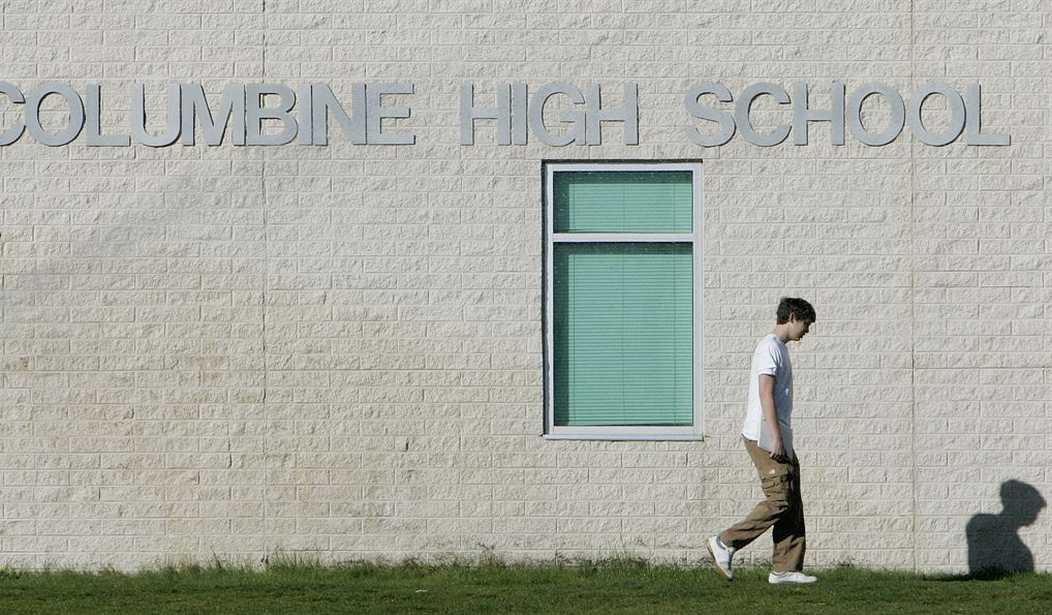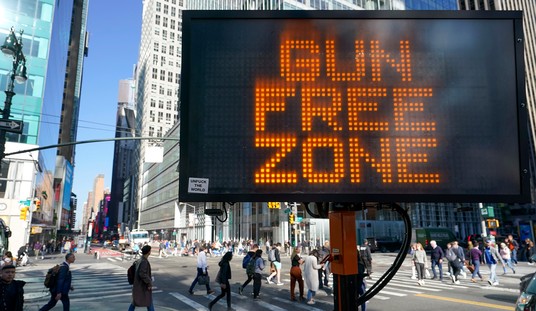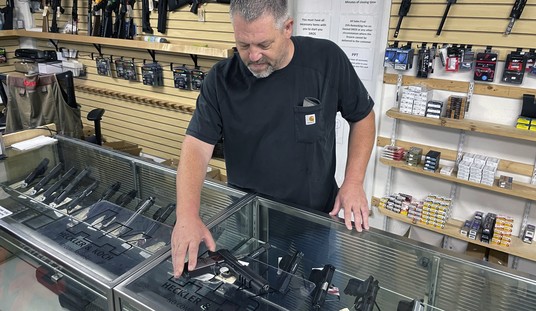Sarah Noble was a freshman at Columbine High School in Littleton, Colorado in 1999 when two of her fellow students targeted her and her classmates. She remembers her best friend pushing her to the ground and shielding her body their own in a student commons area before she was able to escape, and how terrifying it was.
Noble is now a mom with school-age children of her own, and she recently opened up to the website Route Bay City about what she believes can and should be done to prevent these types of attacks.
When asked how she now feels about training staff and students for active shooter situations, Noble didn’t hesitate.
“Absolutely, it’s necessary. As much as it breaks my heart, my children, who are now 13 and 10, have had that training,” said Noble. “I also have a sometimes unpopular opinion. I believe if a teacher or administrator has a concealed carry license and is properly trained, they should be able to carry within the school.”
I have no idea what Sarah Noble thinks about bans on so-called assault weapons, waiting periods, or other gun control restrictions, but it sure sounds to me like she doesn’t think that going after legal gun owners is a particularly effective way to protect students and staff in school. In fact, none of what she’s calling for has anything to do with putting new gun laws on the books.
Communities that experience mass casualty events go through a grieving process, especially survivors and those close to the victims and their families. But Noble says even false threats carry enough weight to cause emotional harm. Like many, she considers mental health to be a root cause, and wishes more would be done to get anyone the help they need.
“Help with mental health issues wasn’t something that was on my radar back then,” said Noble. “We still called it ‘going to a shrink.’ We shouldn’t feel awkward just going to see a therapist the same way we go see a medical doctor for a check-up.”
Noble advocates for easier access to mental health assistance, as well as a larger focus on anti-bullying efforts and reaching children at younger ages.
“Waiting until there is a problem is a problem,” said Noble. “We need to go back to the basics in preschool – don’t be mean with your words. Words do hurt. We need to teach the kids who seem to have the most friends that they should be the kids with the nicest words.”
I can’t say I disagree with any of Noble’s advocacy. Armed school staff are an invaluable part of school safety efforts, and there are thousands of educators around the country who’ve volunteered to be vetted and trained to serve as a first line of defense against anyone who would try to carry out a mass casualty event on school grounds.
I too believe we need to do much more to fix the crisis in our mental health system, which has implications that stretch far beyond school safety. And while I’m somewhat skeptical about the efficacy of most of the anti-bullying programs that I’ve seen (particularly for older students), the idea of focusing those efforts at early stages of childhood development makes sense.
I would add, however, that along with these ideas, we should also remember that in the vast majority of attacks the perpetrator told someone of their plans beforehand. Acting on that information is another key component of preventing these attacks, albeit one that relies on functioning educational, mental health, and criminal justice systems. If those systems are set up to ignore or downplay risks (as we saw in the shooting in Parkland, Florida, for example), innocent lives are lost in attacks that were entirely preventable.
That’s why guys like Ryan Petty, whose daughter Alaina was murdered at Marjory Stoneman Douglas High School almost four years ago, say we need to see parents as fired up about these issues as they are about critical race theory or sexually explicit books in the library. Unless and until we unceasingly demand accountability and transparency from our schools we’re not going to get the results our kids need. We can’t stop there, of course, but that’s as good as any a place to start.









Join the conversation as a VIP Member